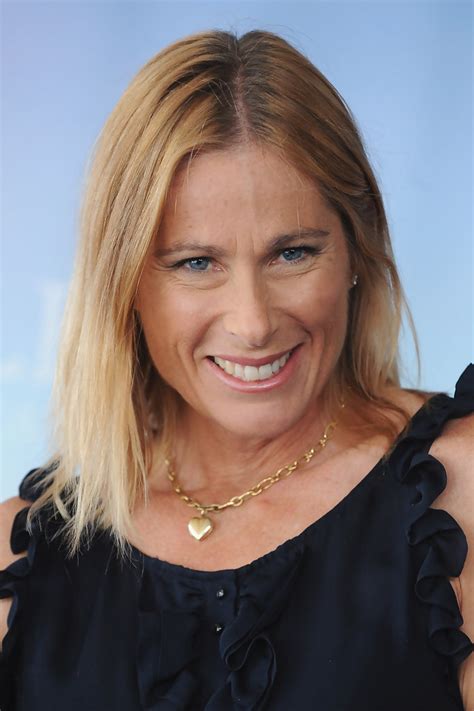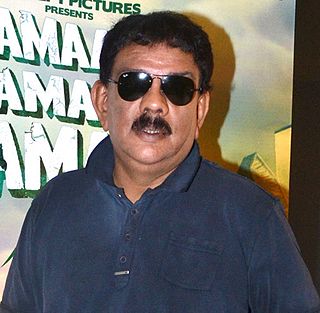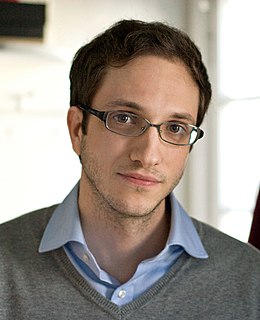A Quote by Paul Walker
Usually I like to make my movies from start to finish in chronological order. As a filmmaker it lets me be able to direct my actors and tell them where exactly they are and go with progression.
Related Quotes
Sometimes what happens I think is that actors finish a movie and they go, oh my god, I'm never going to work again, even big huge actors, and so they'll take something thinking that something else will never come along. But for me, I freak out - because I'm a bit of a workaholic - the second I finish a movie going oh my god, what am I going to do, but I can start writing the next day so it doesn't force me to make a bad choice acting-wise.
When I met Akira Kurosawa in Japan, one question he asked me was, "How did you actually make the children act the way they do? I do have children in my films but I find that I reduce and reduce their presence until I have to get rid of them because there's no way that I can direct them." My own thought is that one is very grand, like an emperor on a horse, and it's very hard for a child to relate to that. In order to be able to cooperate with a child, you have to come down to below their level in order to communicate with them.
A good director creates a playground for actors, and lets them go. The trick for a good director is in casting properly, and creating the playroom, and then they'll get stuff that they don't expect, and can't even direct. All the audience wants to believe is that whatever is happening, it is happening for the first time. They want to see the people within the work exchanging dialogue and action in that moment. There are not a lot of actors that can do that.
Once, at a seminar, I heard a Westernized lama say that a meditator's state of mind should be like that of a hotel doorman. A doorman lets the guests in, but he doesn't follow them up to their rooms. He lets them out, but he doesn't walk into the street with them to their next appointment. He greets them all, then lets them go on about their business. Meditation is, in its initial stages, simply accustoming oneself to letting thoughts come and go without grasping at their sleeves or putting up a velvet rope to keep them out.



































